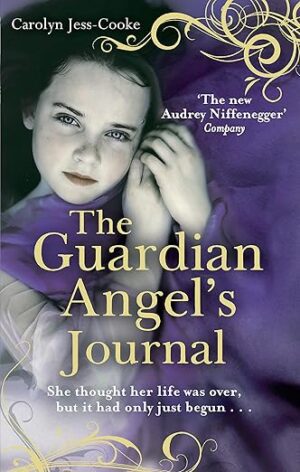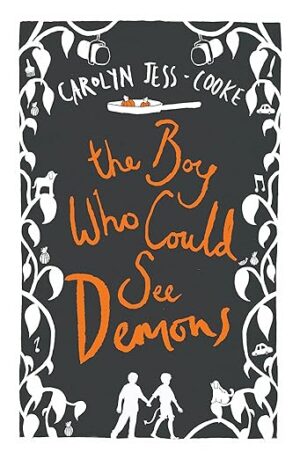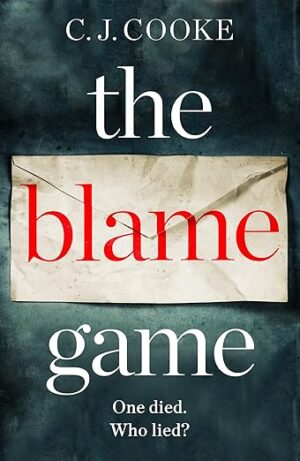I’ve just finished another stint as a judge on a national/international Literature Competition, something I’ve been extremely happy to be part of for a number of years now. During that time I’ve read hundreds (if not thousands) of short stories and poems from people all bitten by the writing bug, and hoping to make some kind of life as a writer.
It’s always a pleasure to be a judge on this annual event, and it’s certainly helped me to understand what makes a good, hopefully prize-winning short story, plus some of the things any budding writer should pay attention to.
The very first thing I would urge you to look at very closely are the rules and conditions of whatever you’re submitting to or any competition you’re entering. It’s crucial to read these rules and then obey them. This usually covers word-count, observing the theme, font and type size, spacing, and most importantly the deadline date. Under no circumstances send in hand-written pieces, as these will probably not get read or simply automatically be rejected. So if you don’t have a computer/typewriter, get a friend to type up your piece before sending it, and make sure you submit it on or before the deadline date, as anything received after that will simply not be accepted.
Years ago I remember hearing from a fellow writer who said that often the quality of an individual’s writing wasn’t always the issue; it was the fact that they didn’t actually have anything interesting to write about. I wholeheartedly concur with this, as many of the stories I read this year were competently written but weren’t that gripping.
Imagination is a key element for any writer, and lack thereof can make the most competent scribe churn out the dreariest tales. Giving your imagination free reign – thinking out of the box – is absolutely essential and will eventually pay dividends as you learn your craft. Be confident you know where your story is going, and write a plotline, even for a short story, so that you know you have a gripping beginning that draws the reader in.
And as part of the tale’s central ethos ensure each of your characters are drawn as vividly as possible to add emotion and colour to the tale. You don’t have to overwrite this; just a cleverly constructed sentence or two describing feelings, inner thoughts, actions and reactions are important. In my own writing I have always said that the reader is blind, deaf and dumb until I turn the light on in their heads, enabling them to see what I see, hear what I hear, taste what I taste and so on. If you don’t do this, then the reader is literally stumbling around in the dark.
Also essential – and this may seem so obvious that it shouldn’t make a difference, but believe me it does – is getting grammar, punctuation and presentation 100% right. If enough attention hasn’t been paid to these things, you’ll find it hard to be accepted as a professional writer, and your work will be rejected. Judges on literature competitions are usually writers themselves, or work in the field of literature, so for them grammar, punctuation and presentation are all things that add to the impression of the writer’s professionalism and competence, so don’t let your writing down by being sloppy.
And then there’s the most crucial element of any short story – the ending. I cannot stress strongly enough how important it is to have a good, solid ending that brings it to a robust close. And by this I absolutely don’t mean what I’m going to call the ‘Dallas’ ending, where in the last paragraph or two the reader is told that everything was either a dream, or the character(s) die!! This is a total 1000% cop-out, and generally an indication that the writer hasn’t paid enough attention to what the story is trying to say, or where the characters are going. There are a myriad ways of ending a tale that has shown promise, all of which have got to be better and more satisfying than a) ‘He realised the whole thing had been a dream’ or b) ‘She watched him take his last breath and die in her arms’.
Which draws me right back to the whole area of imagination. If you’ve galvanised your imagination to produce an interesting enough tale, why let that same imagination desert you when it comes to a robust, emotionally charged and vividly drawn denouement that makes the reader go ‘Wow!! I wasn’t expecting that!”
So there you have it…some of the things I’ve learned or had reinforced as a judge on a Literature Competition, and which I am passing on now in the hope they will help you become better writers. Maybe I’ll be judging some of your work in the future. I smile as I write.















